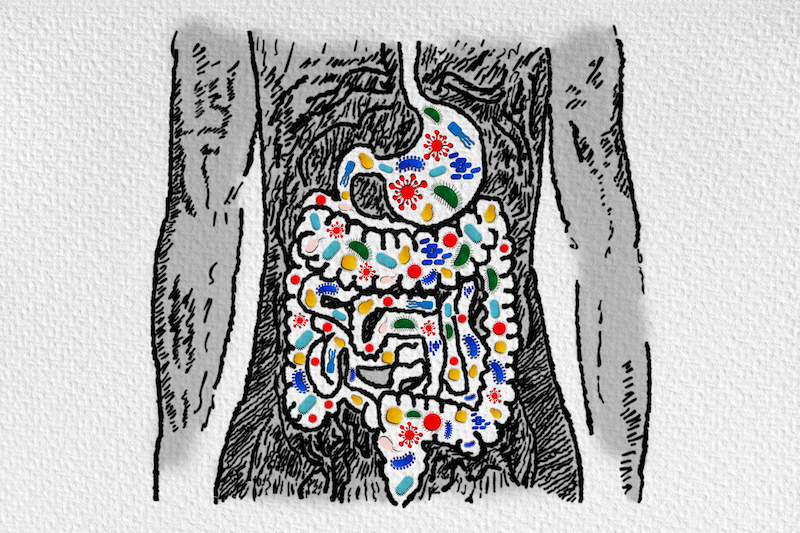Everyone knows that we are not all the same, there is wonderful diversity in our bodies, our genetics, our lifestyles, and our preferences.
And yet, when it comes to nutrition, the most successful public health messages are the broad guidelines, which suggests one size can fit all.
Think five-a-day, taking Vitamin D through the autumn and winter, and so on.
At the same time, the science behind nutrition, the understanding of our metabolism and of our gut microbiome, has been increasing at a fantastic rate.
The question is: how do you bring these two worlds together?
How do you bring the best of intricate nutritional science to a broader population?
Could the answer lay in precision nutrition?
It is an emerging and exciting field which helps tailor dietary recommendations and nutritional guidelines, and there is some evidence it can have remarkable health impacts.
It is an area which seems to offer huge potential, but exactly how much is yet to be discovered.
Karen Vousden, Principal Group Leader, Francis Crick Institute
Karen received her PhD from the University of London and following postdoctoral fellowships at the ICR and NCI, she returned to London to establish a research group at the Ludwig Institute.
Returning to the US, she was Chief of the Regulation of Cell Growth Laboratory at the NCI before coming back to the UK to take on the role of Director of the CRUK Beatson Institute in Glasgow.
In 2017, she moved her research group to the Francis Crick Institute in London and served as Chief Scientist for Cancer Research UK from 2016-2022.
Karen’s research has made contributions to our understanding of how the tumour suppressor protein p53 is regulated and the functions of p53 that contribute to its ability to control cancer progression.
During these studies, her group revealed an unexpected ability of p53 to help cells adapt and survive under transient periods of nutrient starvation.
This work led to a more general investigation of cancer cell metabolism, focused on exploring the role of oxidative stress and serine metabolism in cancer development and metastatic progression.
Greg Hannon, Director of Cancer Research UK Cambridge Institute
Greg Hannon FRS FMedSci is a professor of molecular cancer biology and director of the Cancer Research UK Cambridge Research Institute at the University of Cambridge.
Professor Hannon is internationally recognised for his contributions to small RNA biology, cancer biology, and mammalian genomics. He has a long history in the discovery of cancer genes, beginning with work at CSHL that led to the identification of CDK inhibitors and their links to cancer.
More recently, his work has focused on small RNA biology, which led to an understanding of the biochemical mechanisms and biological functions of RNAi.
Building upon this foundation, he has developed widely-used tools and strategies for manipulation of gene expression in mammalian cells and animals and has generated genome-wide shRNA libraries that are available to the cancer community.
He was among the first to uncover roles for microRNAs in cancer, including the discovery of the miR-17-92 cluster as an oncogene, the placement of miR-34 within the p53 pathways, and the understanding that let-7 and miR-93 are critical regulators of both normal stem cells and tumour initiating cells in several tissues.
His laboratory also discovered the piRNA pathway and linked this to transposon repression and the protection of germ cell genomes.







